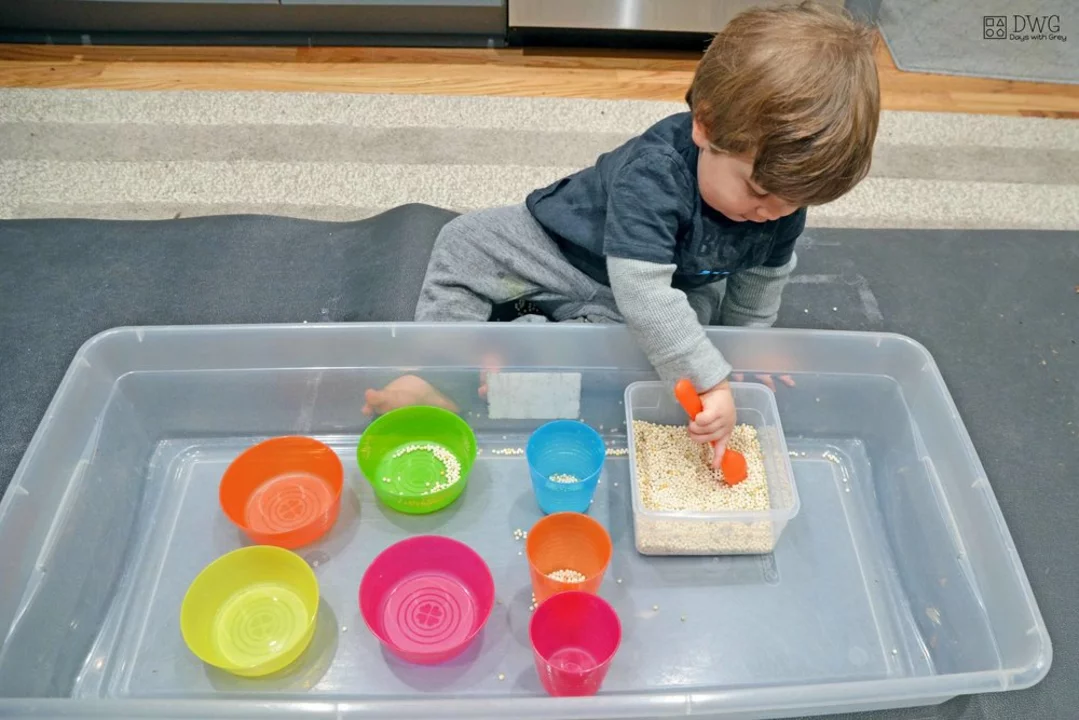Infancy: Essential, Practical Advice for New Parents
Nothing prepares you for how fast babies change in the first year. You don’t need perfect answers—just clear, useful steps you can rely on day to day. This page gives concrete tips on feeding, safe sleep, basic medicine rules, and clear signs that mean you should contact your pediatrician.
Feeding and sleep
Feeding: For the first six months breast milk or formula meets all nutritional needs. Feed on demand early on—newborns often eat every 2–3 hours. When you start solids around 6 months, introduce single-ingredient purees (iron-fortified cereal, pureed vegetables, fruits) one at a time, watching for reactions for 3–5 days.
Sleep: Put babies on their backs for every sleep. Keep the crib free of pillows, loose blankets, and bumpers. Room-sharing without bed-sharing lowers the risk of SIDS—try keeping the baby’s bassinet or crib in your room for the first 6 months. For naps and nighttime, build a short pre-sleep routine: dim lights, quiet voice, consistent order of steps.
Medicine, safety, and when to call a doctor
Medicine basics: Always check with your pediatrician before giving any medicine. Infant doses are weight-based, so use the exact dosing instrument that comes with the product. A common liquid acetaminophen concentration for infants is 160 mg per 5 mL—confirm that and the right dose with your doctor or pharmacist. Never give adult formulations or aspirin to infants.
Home safety: Use a rear-facing car seat until the child reaches the height or weight limit for that seat. Keep small objects, coins, and button batteries out of reach. Maintain a smoke-free home. Baby-proof low furniture and secure TVs and bookcases to the wall.
When to call the doctor: Contact your pediatrician right away if your baby under 3 months has a rectal temperature ≥38°C (100.4°F), or if any age baby shows trouble breathing, blue lips, poor feeding, severe vomiting, very low urine output, high-pitched crying, or limpness. Also call for a fever that lasts more than 24 hours in infants 3–6 months, or longer in older babies if you’re worried.
Vaccines and checkups: Follow the standard well-baby schedule—checkups at 2 weeks, 1 month, 2, 4, 6, 9, and 12 months are common. These visits include growth checks, development screening, and vaccinations (Hep B, DTaP, Hib, IPV, PCV, rotavirus and others at the recommended ages). Bring questions to each visit—write them down ahead of time.
Practical hacks: Keep a small diaper bag stocked with two extra outfits, diapers, wipes, and a simple first-aid item like a digital thermometer. Track feeds and diapers for a few days after discharge from the hospital to spot patterns. When sleep is hard, try short, consistent changes rather than big overnight experiments.
If you want more specific info—like safe cold medicines or dosing questions—check trusted pediatric resources or ask your child’s doctor. Small, reliable steps each day make the first year easier for both you and your baby.
The Importance of Sensory Play in Infancy: Encouraging Exploration
- Robin Tudge
- June 12, 2023
- 15 Comments
Sensory play is crucial for infants as it helps them explore and understand their world through touch, taste, smell, sight, and hearing. By engaging in these activities, babies develop their fine motor skills, problem-solving abilities, and cognitive growth. As a blogger, I've seen how sensory play can spark curiosity and creativity in little ones, while also fostering social skills and emotional well-being. I encourage parents to incorporate sensory play into their child's daily routine to support their overall development. Let's provide our infants with a rich and stimulating environment that encourages exploration and discovery!
read more
